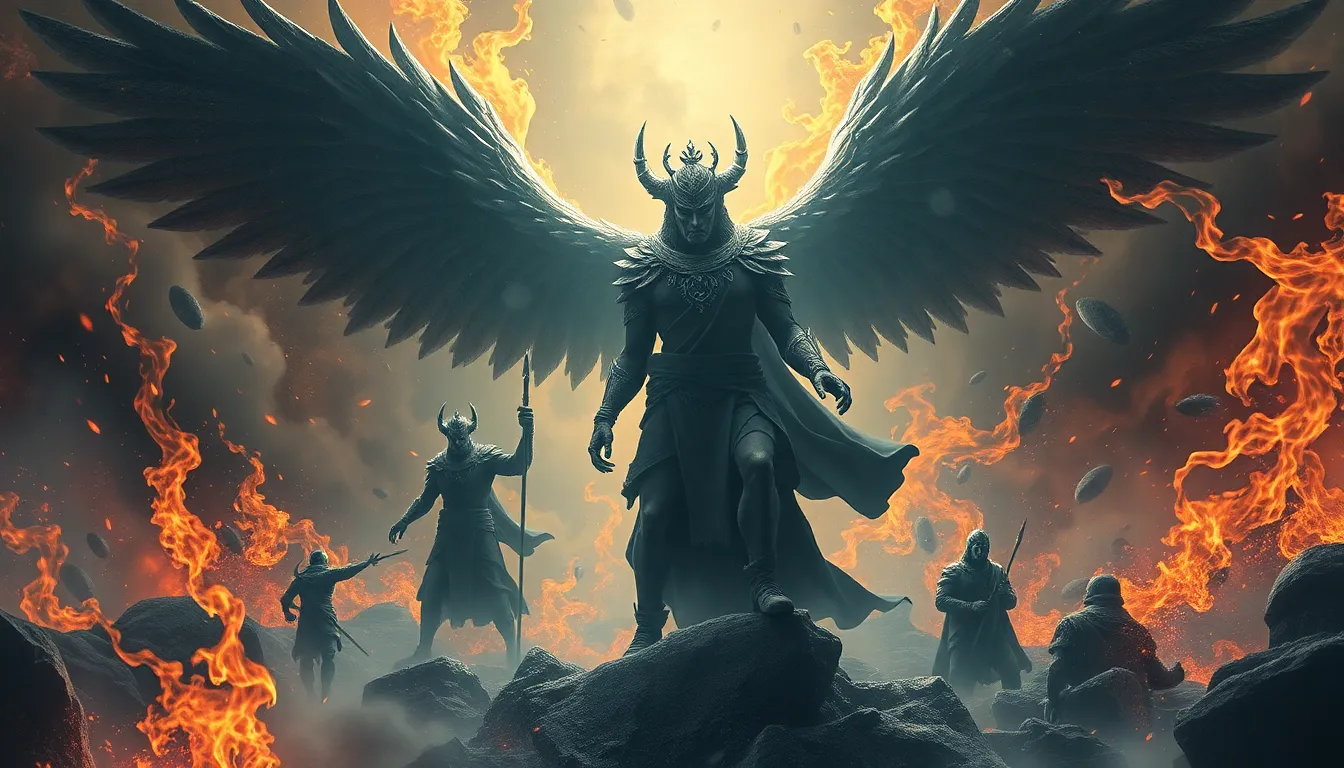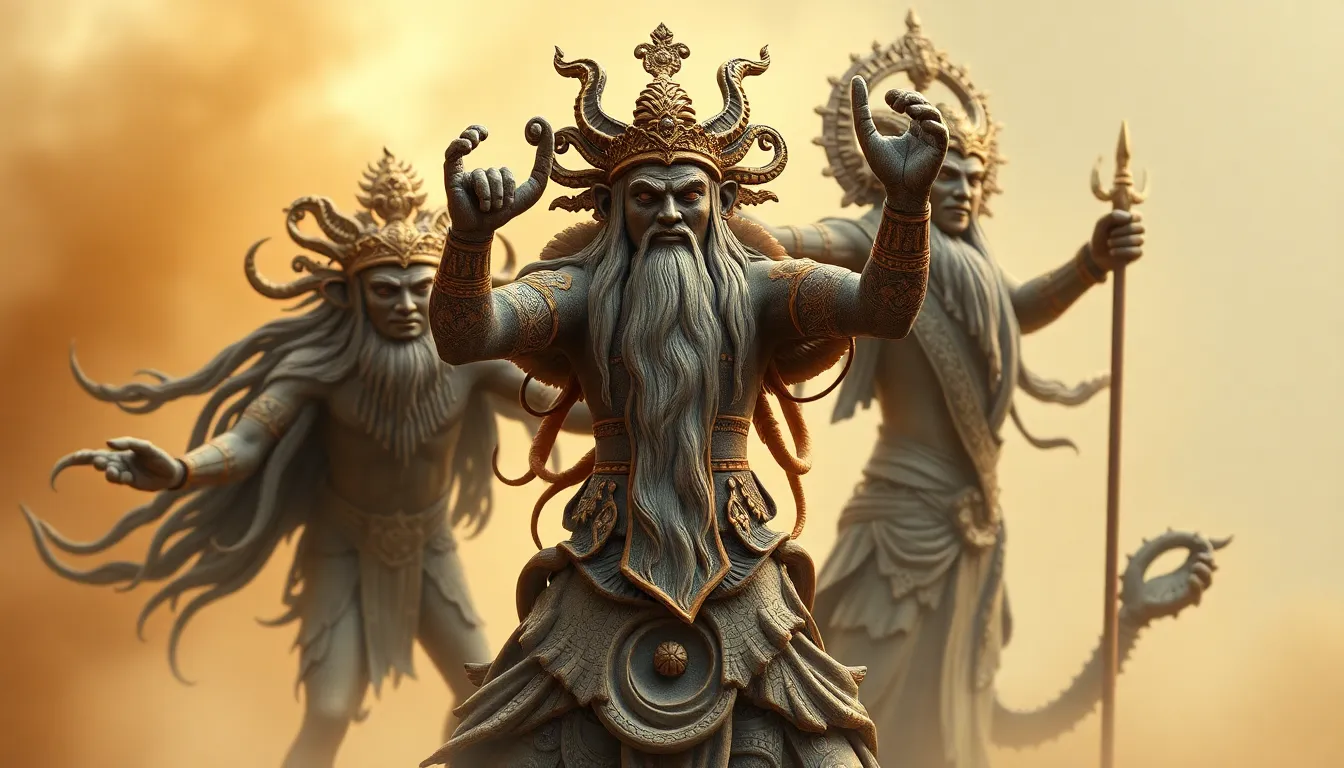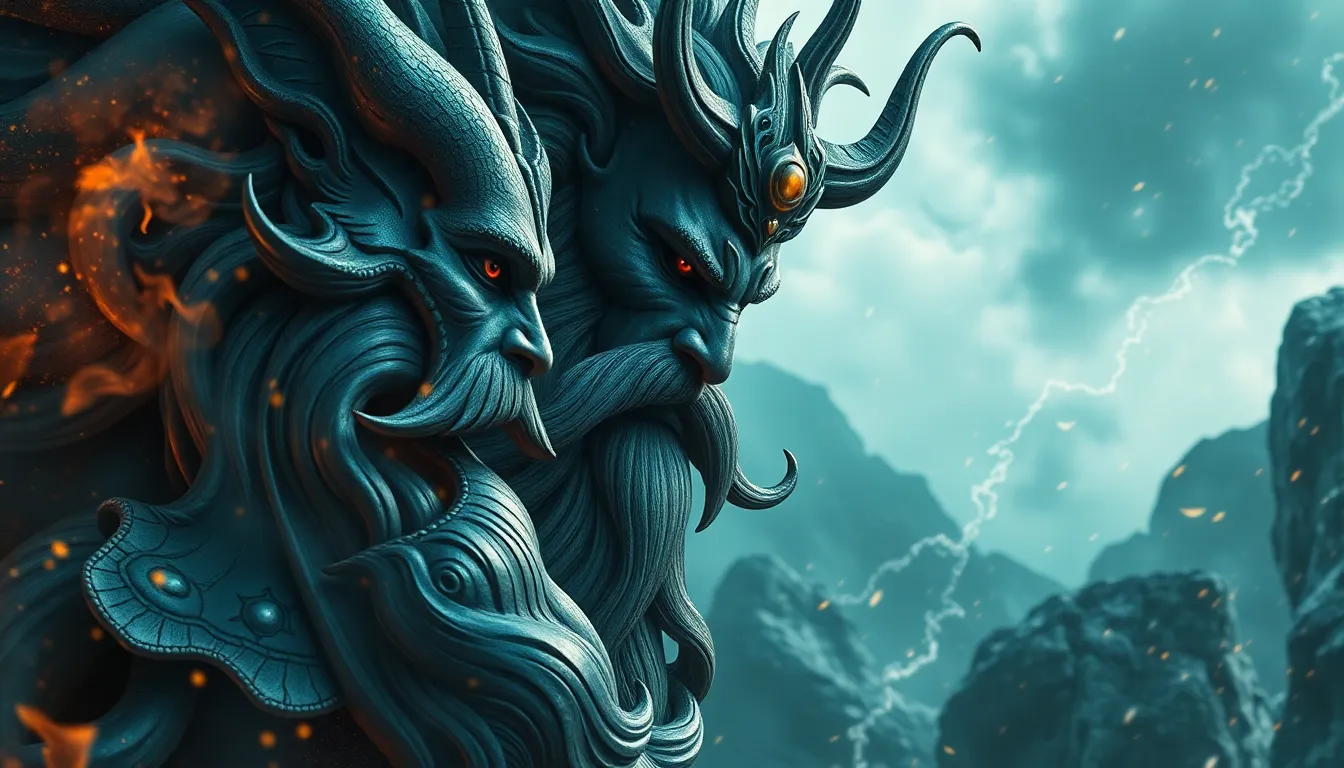Cultural Hero Myths: The Legends That Inspire Unity
Introduction to Cultural Hero Myths
Cultural hero myths are narratives that celebrate extraordinary individuals whose actions and qualities embody the ideals of a society. These myths hold significant importance as they not only shape cultural identities but also provide inspiration and guidance to communities across generations. Hero myths transcend geographical and temporal boundaries, resonating with diverse audiences by addressing universal human experiences and aspirations.
The Role of Myths in Society
Myths play a crucial role in shaping cultural identity by providing a shared narrative that binds individuals together. They serve several key functions in society:
- Cultural Identity: Myths reinforce a sense of belonging and pride among members of a community.
- Moral Compass: They establish moral guidelines and values that guide behavior and decision-making.
- Historical Context: Myths often encapsulate historical events and figures, preserving collective memories.
- Social Cohesion: By sharing common stories, communities foster unity and solidarity.
Common Themes in Hero Myths
Across various cultures, hero myths often share recurring themes that resonate deeply with human experiences. Some of the most prominent themes include:
- Sacrifice: Heroes frequently face personal losses or make significant sacrifices for the greater good.
- Bravery: The courage to confront challenges and adversity is a hallmark of heroic figures.
- Resilience: Many heroes demonstrate the ability to overcome obstacles, inspiring others to persevere.
These themes are not only prevalent in ancient myths but continue to find relevance in contemporary narratives, showcasing the timeless nature of heroism.
Cultural Heroes Across the Globe
Throughout history, various cultural heroes have emerged, each representing the values and ideals of their respective societies. Here are a few notable examples:
- Gilgamesh (Mesopotamia): An epic hero known for his strength and adventures, Gilgamesh represents the quest for immortality and the importance of friendship.
- Hercules (Greece): Famous for his twelve labors, Hercules embodies bravery and the struggle against overwhelming odds, symbolizing human resilience.
- Mulan (China): A legendary figure who disguised herself as a man to take her father’s place in battle, Mulan represents loyalty, honor, and gender defiance.
- Nelson Mandela (South Africa): A modern hero who fought against apartheid, Mandela symbolizes forgiveness, justice, and the power of unity in the face of oppression.
The impact of these figures on national identity and unity cannot be overstated, as they inspire generations to strive for greatness and uphold shared values.
The Psychological Impact of Hero Myths
Carl Jung’s concept of archetypes and the collective unconscious provides insight into why hero myths resonate so profoundly with individuals and societies. Hero myths tap into shared psychological patterns and cultural symbols, influencing both individual identity and communal psychology. They offer:
- Role Models: Heroes serve as aspirational figures, guiding individuals in their personal journeys.
- Collective Healing: Myths can facilitate healing by addressing communal traumas and fostering resilience.
- Identity Formation: Engaging with hero myths helps individuals articulate their values and beliefs, shaping their identities.
Modern Interpretations of Hero Myths
In contemporary literature, film, and media, traditional hero myths are often reinterpreted to reflect modern values and challenges. These reinterpretations can:
- Challenge Stereotypes: Modern narratives frequently subvert traditional notions of heroism, presenting diverse and complex characters.
- Incorporate Technology: Heroes in the digital age may utilize technology and social media to enact change.
- Address Current Issues: Contemporary stories often engage with themes such as social justice, environmentalism, and equality.
The influence of pop culture continues to shape public perceptions of heroism, demonstrating the evolving nature of hero myths.
Cultural Heroes as Symbols of Unity
Hero myths play a vital role in fostering a sense of belonging and collective identity. They often serve as rallying points during times of social upheaval. For example:
- Political Movements: Heroes like Martin Luther King Jr. have become symbols of unity in the fight for civil rights.
- Social Justice: Figures such as Malala Yousafzai represent the struggle for education and equality, inspiring movements worldwide.
- Global Solidarity: Heroes from various cultures often unite people across borders in shared struggles for justice and peace.
Challenges and Critiques of Hero Myths
While hero myths can inspire, they also come with challenges and critiques. Some problematic aspects include:
- Glorification: Idealizing heroes can lead to unrealistic expectations and neglect the complexities of human behavior.
- Exclusion: Traditional narratives may overlook marginalized voices, perpetuating inequities in representation.
- Oversimplification: Reducing heroes to mere archetypes can obscure the nuances of their experiences and contributions.
It is essential to advocate for inclusivity and representation in hero narratives to reflect the diverse realities of society.
The Future of Cultural Hero Myths
As the world becomes increasingly globalized, new heroes are likely to emerge, reflecting contemporary values and challenges. The potential for new myths to bridge cultural divides is immense, as they can:
- Foster Cross-Cultural Understanding: Heroes from different backgrounds can promote dialogue and empathy among diverse communities.
- Address Global Issues: Emerging heroes may focus on global challenges such as climate change, inequality, and health crises.
- Inspire Collective Action: New narratives can mobilize people toward common goals and inspire unity across borders.
Conclusion: The Enduring Power of Hero Myths
Cultural hero myths possess an enduring power that transcends time and place. They inspire unity by fostering shared values, encouraging resilience, and promoting social justice. In a world that often feels divided, recognizing and celebrating diverse hero narratives can help bridge gaps and strengthen community ties. As we navigate the complexities of modern society, let us honor the heroes who inspire us and strive to create inclusive narratives that reflect the rich tapestry of human experience.



